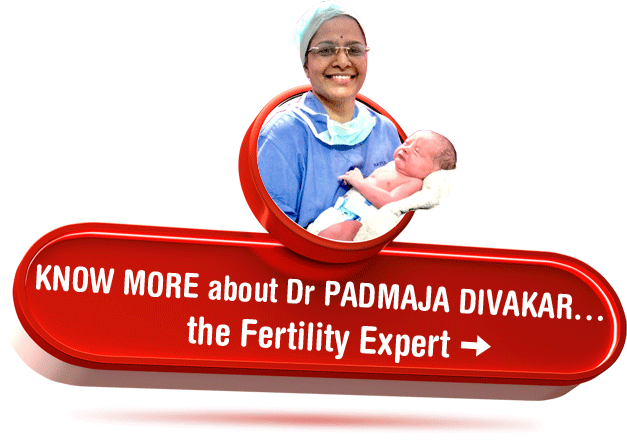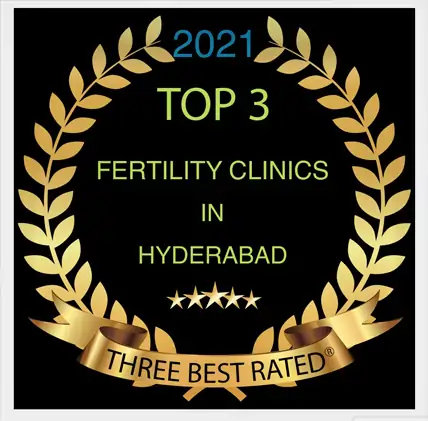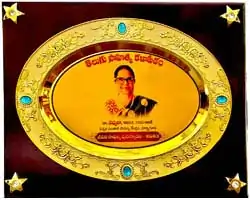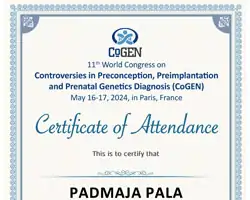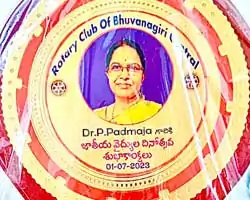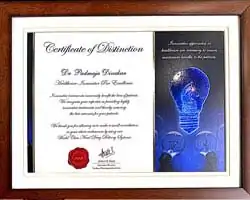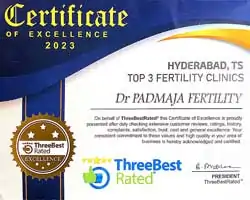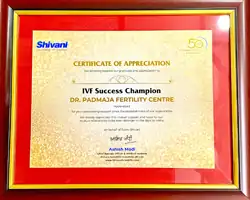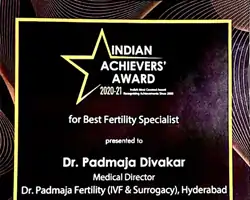Laser-Assisted Hatching
Dr.Padmaja's Fertility (IVF) Center has yet another advanced technology expertise for childless couple. With the help of Laser-assisted hatching which is a medically proven IVF technique, it is now much more safe to have embryo hatching for high-end pregnancy.
Pregnancy will surely occur with the implantation into the wall of uterus and there are also other treatments available that lead to a new-born baby.
You, as our most esteemed and privileged to be an aspiring-parent have all the benefits accommodated at Dr.Padmaja's Fertility (IVF) Center.
Prominently the facility of Laser-assisted hatching procedure is safe and rest assured for the successful results of pregnancy care and after-baby-birth care.
We're here to protect you and bring you a whole new range of pre-and-post-natal-care services.


